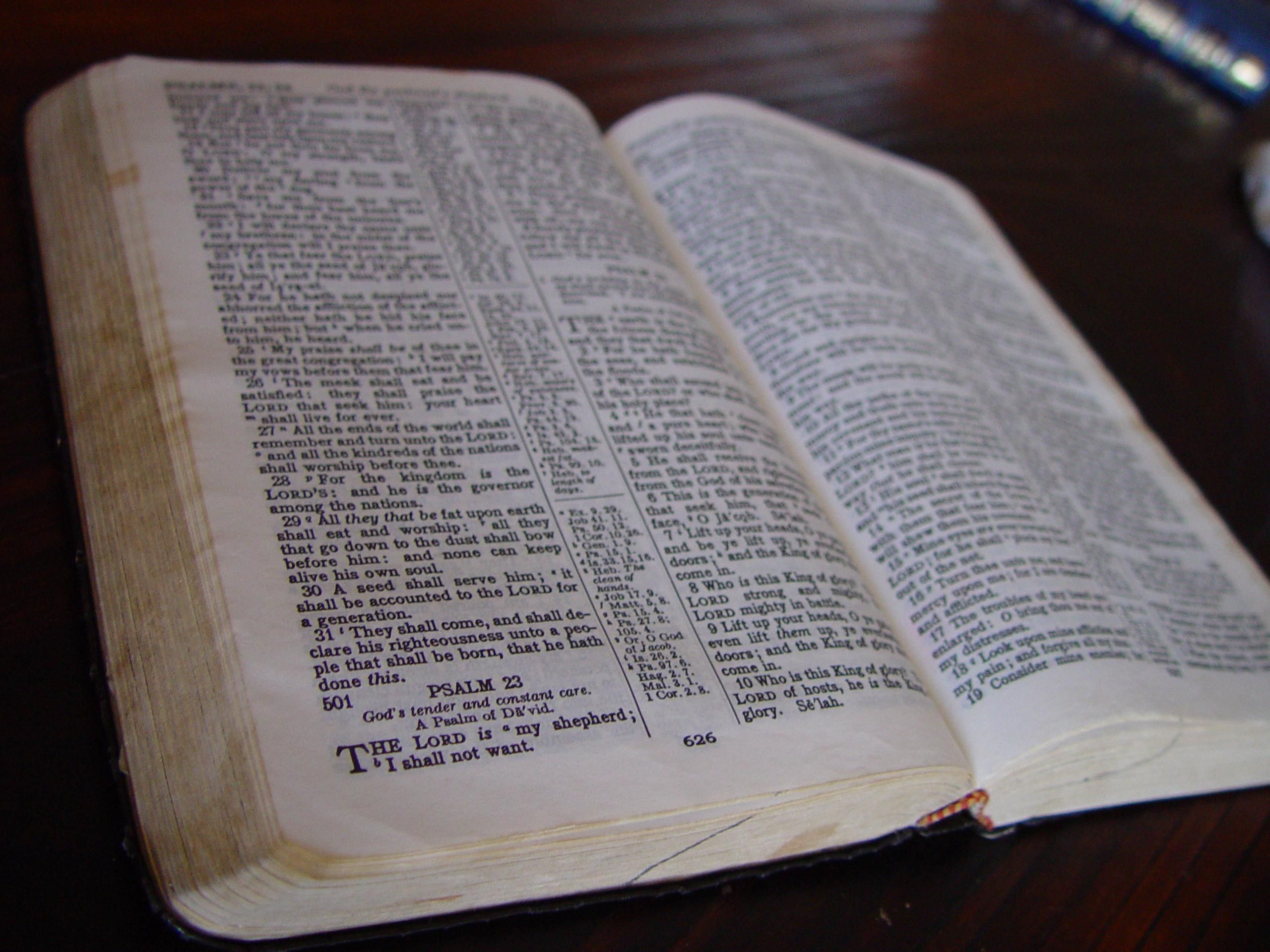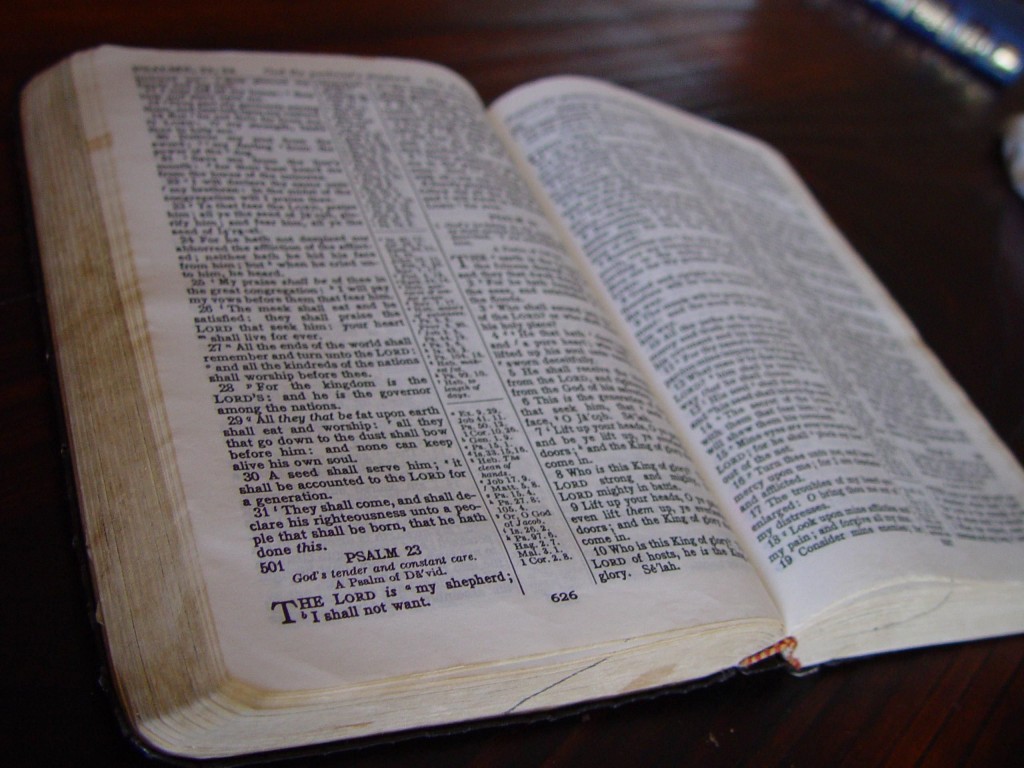Federal Government Sues Conway Kroger For Religious Discrimination

Last week the U.S. Equal Employment Opportunity Commission announced it has filed a lawsuit against a Kroger store in Conway over religious discrimination against two employees.
The lawsuit centers on two employees who were fired after they declined to wear a rainbow-colored heart at work; rainbow insignia generally are worn to show support for LGBT causes and lifestyles.
According to the EEOC’s suit, the Conway Kroger implemented a new dress code, which included an apron depicting a rainbow-colored heart emblem on the bib of the apron. The women believed the emblem endorsed LGBTQ values and that wearing it would violate their religious beliefs. According to the EEOC, one woman offered to wear the apron with the emblem covered and the other offered to wear a different apron without the emblem, but the company made no attempt to accommodate their requests. When the women still refused to wear the apron with the emblem visible, the EEOC charged, Kroger retaliated against them by disciplining and ultimately discharging them.
Such alleged conduct violates the Title VII of the Civil Rights Act of 1964. The EEOC filed suit in U.S. District Court for the Eastern District of Arkansas, Central Division, Civil Action No. 4:20-cv-01099, after first attempting to reach a pre-litigation settlement through its conciliation process. The suit seeks monetary relief in the form of back pay and compensatory damages, as well as an injunction against future discrimination.
The Kroger store in question is the one located at 855 Salem Rd, Conway, AR 72034.
In recent years we’ve seen a number of major corporations try to use their influence to advance the LGBT agenda.
For example:
In 2014 Chase Bank surveyed its employees’ loyalty to LGBT causes.
In 2015 Kroger announced it soon would begin offering “trans-inclusive” employment benefits.
The following year, Target unveiled a new policy to let men use women’s restrooms — and vice versa — in its stores. Walgreens rolled out a similar policy in 2018.
And last year Gilette released a pro-transgender ad that ended up costing the company an estimated $8 billion in lost sales.
In the midst of all of this, it’s good to see the federal government taking a stand for religious liberty right here in Arkansas.
You can read the EEOC’s press release about the lawsuit here.




